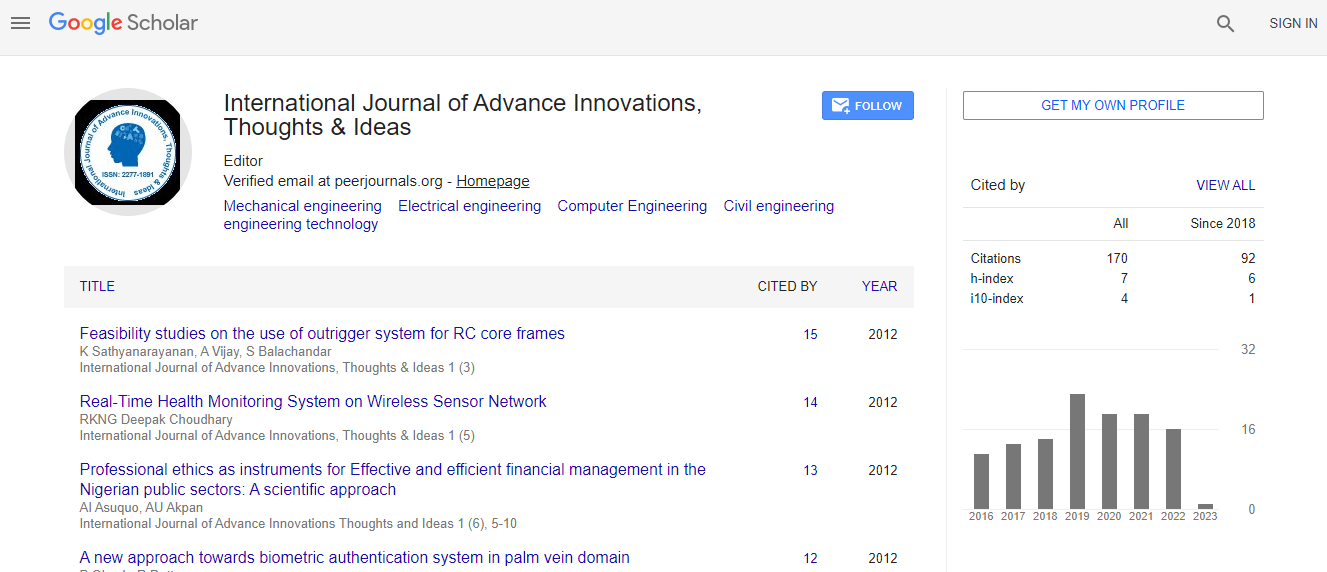Research Article
A critical investigation of E-supply chain practice among SCM
Hajar Fatorachian*Sheffield Hallam University, Sheffield, United Kingdom
- *Corresponding Author:
- Hajar Fatorachian
Sheffield Hallam University
Sheffield, United Kingdom
E-mail: hfatorac@my.shu.ac.uk
Abstract
Over the past decade a combination of economic, technology and market forces such as globalization, proliferation of product variety, and increasing complexity of supply networks has forced companies to examine and recreate their supply chain strategies (Lee and Whang 2001). The speed of change and the uncertainty about markets evolution has made it more and more important for companies to be aware of the supply chains they participate in. Companies that learn how to build and contribute in strong supply chains will have a significant competitive advantage in their markets (Hugos 2006). In fact, as Li (2007) indicates, the ultimate objective of Supply Chain Management (SCM) is to achieve sustainable competitive advantage. Global sourcing, emphasis on time and quality-based competition, and their respective contributions to greater environmental uncertainty are the main factors influencing SCM. The globalization of supply has compelled companies to look for more effective ways in order to coordinate the flow of materials into and out of the company and move towards closer relationships with suppliers (Mentzer et al. 2001). This research aims to explore the potential impact of implementing E- supply chain practice among SMEs and to investigate different supply chain models and to recommend the most applicable framework for manufacturing SMEs.

 Spanish
Spanish  Chinese
Chinese  Russian
Russian  German
German  French
French  Japanese
Japanese  Portuguese
Portuguese  Hindi
Hindi 
